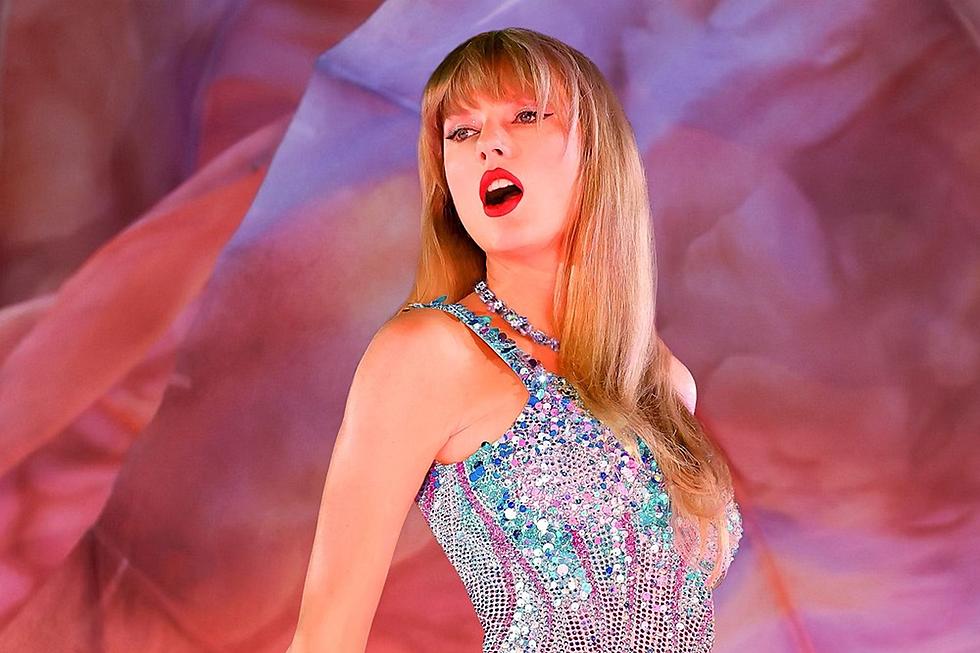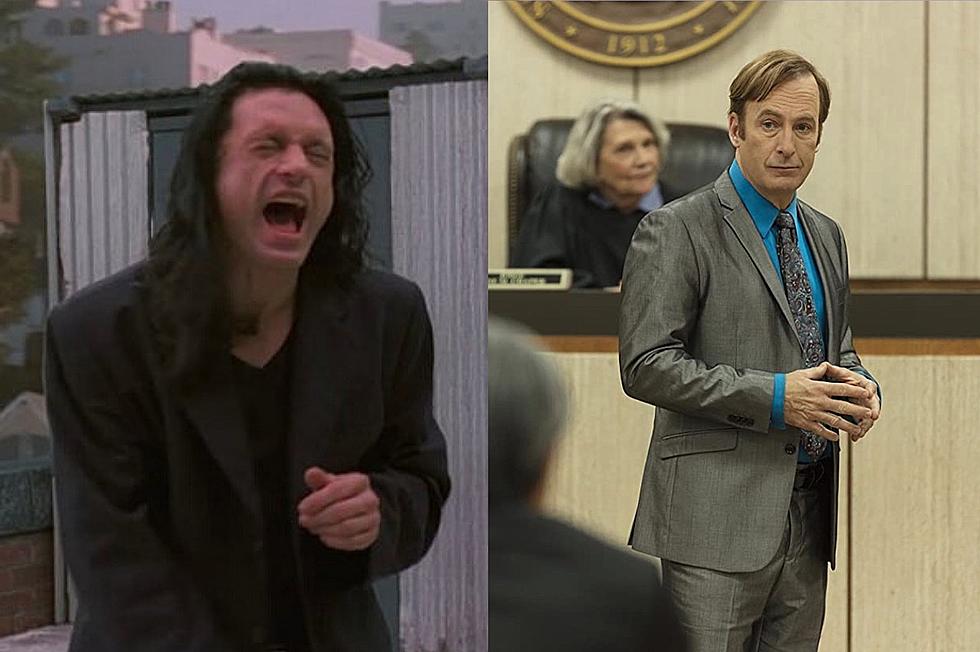
‘Better Call Saul’ Review: “Hero”
It’s almost impossible to watch Better Call Saul without viewing the series through the lens of Breaking Bad. The former would not exist without the latter, but it’s interesting to consider a world in which Breaking Bad never existed and Bob Odenkirk might have been given a weekly hour-long series on AMC about the slippery slope a struggling lawyer charismatically slides down on his way to success. Although both shows share a particular cinematic style and feature the varying, gray shades of morality, the comparisons just about end there, as they should.
This is my first week reviewing Better Call Saul, a series that has rapidly established itself as apart from Breaking Bad, and although it is—as aforementioned—almost impossible to watch this series without comparing it to its predecessor, to spend much time doing so does a disservice to the show. Better Call Saul is not about a desperate, good and sheepish man willfully tumbling down an immoral path and losing himself to his narcissism and greed.
Nope. By introducing Saul to us as Jimmy McGill, the series already has an advantage. Although Jimmy is desperate and prone to bouts of narcissism, he’s already more likable than Walter White. We know where Jimmy is heading and we know that he finds success as Saul Goodman, a lawyer who works by rather unconventional methods that narrowly skirt the line between legal and illegal. We already know where Jimmy’s heading, and in this way, Better Call Saul becomes a sort of Russian nesting doll narrative. Breaking Bad would open a season with a jarring image or scenario, then take us back through the time leading up to that incident to explain the hows and whys. Saul Goodman in Breaking Bad is the establishing shot, while Better Call Saul explains why it’s so important later. As a bonus, Better Call Saul comes with its own flash-forward opening shot, enriching the connection.
I’m still not 100 percent sold on Better Call Saul, which is compelling and enjoyable and includes many fine performances. So much of it feels vaguely empty, but there’s never a dull or uninteresting moment. Tonight’s episode, “Hero,” is most effective as a morality play. Jimmy staunchly refuses to accept the Kettlemans’ bribe, but ultimately takes it when they refuse to hire him as their lawyer because he’s the kind of guy who represents guilty people. The Kettlemans are so good at their lies that they actually believe them, and they’ve deluded themselves into thinking they’re innocent—though they’re still consciously aware of their guilt enough to stash the money and take off for the hills at the first sign of trouble.
Jimmy’s attempts at getting his name out there are similarly intriguing, but a string of desperate phone calls to disinterested journalists—although edited with striking precision—are no match for his later theatrics. Jimmy’s past as a conman illustrates his intellect and quick-thinking, while the opening sequence of “Hero” acts as foreshadowing for Jimmy’s faux heroics. Asked to take down his billboard mimicking the style of Hamlin, Hamlin & McGill, Jimmy hires a kid and his friend to film him as he makes a statement in front of it, hoping to attract attention to his “David and Goliath” story. When the worker removing Jimmy’s billboard falls, dangling perilously over 60 feet above the ground, it’s Jimmy who goes to the rescue.
What at first appears to be a coincidental moment of opportunity quickly—and predictably—reveals itself to be part of a longer con. As Jimmy told Kim last week, he’s no hero, and as he falsely maintains to Nacho and others this week, the world is brimming with coincidences.
Jimmy is a curious character: a man who wants to pursue justice and honesty, but finds it too difficult to play by the rules, so he falls back on his old scheming tricks because it’s just so easy to do. Aside from the morality play moments of each episode, some of the best stuff occurs between Jimmy and Chuck, who suffers from electromagnetic hypersensitivity, a concept that is inherently compelling. It’s through Chuck that we see both the best and worst of Jimmy, assembled in one place. Jimmy loves and empathizes with and wants to protect Chuck—to the point where Jimmy wants to protect his brother from himself. Unable to leave the house, Chuck is, well, stuck in a situation from which there is no escape, and there’s little he can do to help Jimmy without compromising himself.
What makes Better Call Saul so compelling to watch is that the series isn’t really interested in playing itself out as a typical origin story. This isn’t Goodman Begins. There is seemingly no checklist this series is following, no list of points of interest they must hit on the map on their way to Breaking Bad. There are some familiar landmarks in this territory, but we’re more interested in Jimmy/Saul as a singular, independent character than we are in the show’s connections to its predecessor or moments of fleeting but showy fan service.
Additional Thoughts:
- Butthole.
- The scene in which Chuck flees the house in his tin foil blanket to retrieve a neighbor’s newspaper is perhaps more harrowing than the billboard scene. It’s definitely more jarring, employing an off-putting, rhythmless editing style that’s entirely atypical. Michael McKean, perfect at everything, looks like a raging monster let loose from under a bridge, or an escaped zoo captive, confused and angry.
- I’m still waiting for something vague to click with the series, but I’m not sure what. It’s not very deep, though that doesn’t negate how thoughtful it is.
- Those twins appear to be gone for good, which is a blessing. They’re probably the only element of this show that I’ve had an issue with outright, like Better Call Saul wants to give us a Jesse-like character, but since we love Jesse so much, they tried to give us two knock-offs instead of one. No thanks, guys.
More From ScreenCrush









